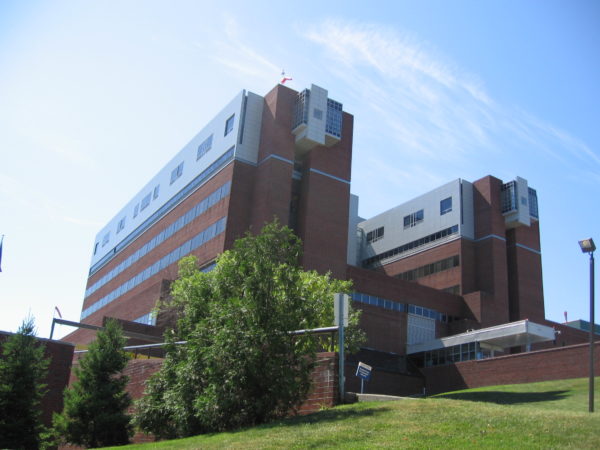Norwalk Hospital has begun two clinical research trials for women with advanced (stage IV) breast cancer.
The first trial will test whether a specific antibody ”“ the anti-PDL1 ”“ can improve the effects of chemotherapy for women with triple-negative breast cancer or TNBC. The anti-PDL1 antibody targets a patient”™s immune system so that it can recognize cancer cells and attack them, the hospital said in a prepared statement.
The second trial is aimed at women who have inherited the BRCA genetic mutation that predisposes to breast and ovarian cancer and who have developed stage IV breast cancer.
The BRCA trial will test if a new PARP inhibitor drug can improve the effectiveness of chemotherapy to treat the disease. A mutation in the BRCA1 or 2 genes leads to defects in DNA repair, which predisposes carriers to breast, ovarian and other cancers.
“Women with triple-negative breast cancer cannot be treated with hormonal therapies or anti-Her2 directed therapies such as the drug Herceptin,” said Richard Zelkowitz, medical director of the Smilow Family Breast Health Center at Norwalk Hospital. “The only treatment available to them is chemotherapy. That is until now. The anti-PDL1 antibody unlocks the brakes on a patient”™s immune system and has been very effective in a number of other cancers. We certainly hope it improves the treatment of women with TNBC.”
George Zahrah, director of genetics at Norwalk Hospital, said, “PARP inhibitors have been approved for patients with the BRCA mutation who develop ovarian cancer, so we hope they will also be effective against breast cancer caused by the same genetic defect.”
Study numbers regarding participants and funding were not available at press time.
The 328-bed Norwalk Hospital is part of the Western Connecticut Health Network, a group of three member hospitals, including Danbury Hospital and New Milford Hospital, and their physician groups and affiliated organizations.


















